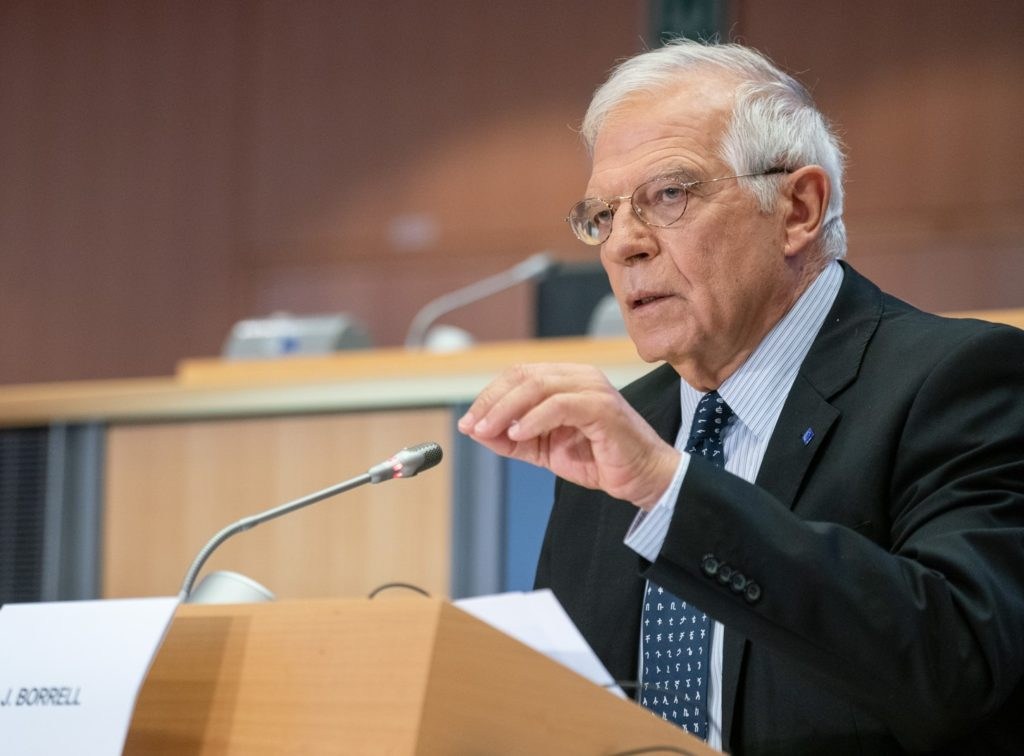The European Union has threatened “the strongest possible response” to allegations that Russia had deliberately sabotaged the Nord Stream pipeline, which is one of Europe’s last operational gas connections to Russia.
EU foreign policy chief Josep Borrel claimed that “all available information” indicated that the massive leaks and explosions in the pipeline were “the result of a deliberate act” by Russia.
“Any deliberate disruption of European energy infrastructure is utterly unacceptable and will be met with a robust and united response,” he said. A sentiment echoed by President of the European Commission Ursula von der Leyen, who stated that the leaks were the result of sabotage.
#Nordstream sabotage acts appear to be an attempt to further destabilize energy supply to EU.
We need an urgent and thorough investigation. Those responsible will be held fully accountable and made to pay. Our efforts to diversify energy supply away from Russian gas continue. — Charles Michel (@CharlesMichel) September 27, 2022
On Twitter, President of the European Council, Charles Michel, warned that Russia was again attempting to weaponize energy to increase pressure on Europe. “Nord Stream sabotage acts appear to be an attempt to further destabilise energy supply to the EU,” he said.
Pro-Russia disinformation, pushed by so-called internet trolls, are attempting to pin the explosions on the United States and NATO, and are sharing an uncontextualised video of US President Biden speaking against the Nord Stream project.
Related News
- Nord Stream 2 gas leak in Baltic Sea deemed a danger for shipping
- Energy crisis: Germany is not counting on a reopening of Nord Stream 1 pipeline
Ukraine has gone one step further in its allegations, accusing Russia of committing a “terrorist attack” against European energy infrastructure. Nevertheless, Secretary of State Anthony Blinken believes that the suspected attack would “not have a significant impact on Europe’s energy resilience” in the context of weakening reliance on Russian energy imports.
On Monday afternoon, the operators of the Nord Stream pipeline warned of a loss of pressure in the pipeline, having sustained “unprecedented” damage during the day.
The Nord Stream pipeline has not transported significant volumes of gas since the start of the war, with Russian energy monopoly Gazprom cutting supply under the pretext of routine maintenance.

